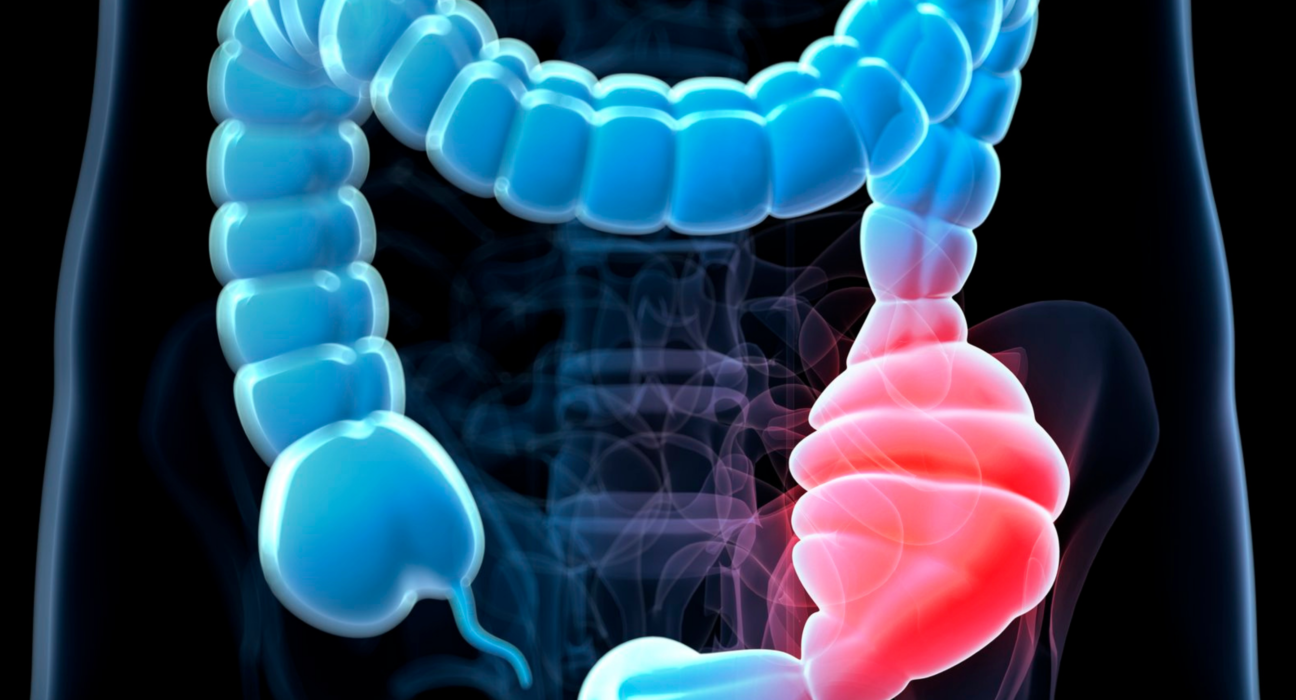Constipation, characterized by infrequent and difficult bowel movements, can significantly impact comfort and well-being.
Defined as having fewer than three bowel movements per week, constipation can often be managed with dietary adjustments and proper hydration.
To address constipation, incorporating high-fiber foods into your diet is crucial. Foods such as leafy greens, nuts, bananas, oatmeal, and cooked vegetables are excellent sources of fiber that can help alleviate the condition.
Additionally, consuming the skins and seeds of fruits and vegetables can further contribute to increased fiber intake.
For those not accustomed to a high-fiber diet, it is advisable to gradually introduce these foods.
A sudden increase in fiber can lead to gastrointestinal discomfort, including gas and bloating.
By slowly incorporating fiber-rich foods, your digestive system can adjust more comfortably.
Prunes and prune juice are well-known remedies for constipation.
They contain a naturally occurring sugar alcohol called sorbitol, which, when reaching the colon, prompts the body to eliminate it, thereby aiding bowel movements.
For those who dislike prunes, apple juice offers a lower-sugar alternative that also contains sorbitol.
Hot beverages, particularly caffeinated ones like coffee or tea, can provide quick relief.
The warmth of the liquid enhances digestive motility, and caffeine stimulates the bowels.
Hydration plays a vital role in managing constipation.
Adequate water intake helps fiber work effectively within the digestive system. As you increase your fiber intake, be sure to drink plenty of water to support the process.
Conversely, high-fat foods, such as those rich in oil, butter, and grease, can exacerbate constipation.
Consuming excessive amounts of fried foods, processed meats, and commercially baked goods can contribute to ongoing digestive issues.
If you experience severe pain, notice blood in your stool, or have persistent constipation lasting more than three weeks, it is essential to consult a healthcare provider.
Tune in to Thursday’s edition of NCN Health for more insights and tips on maintaining digestive health.

